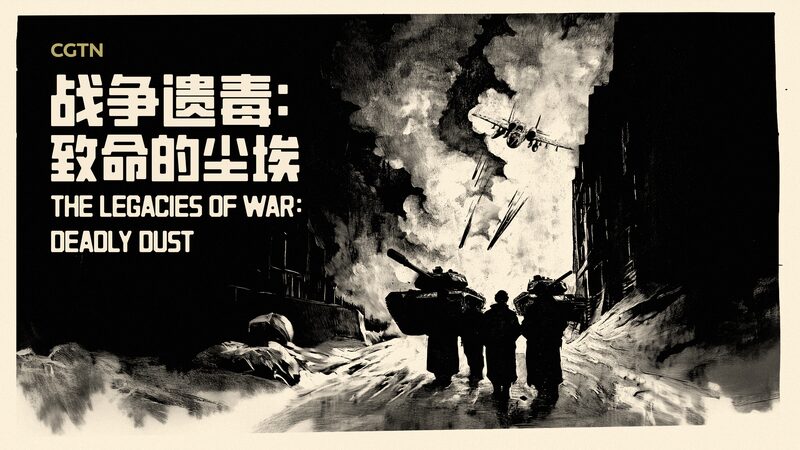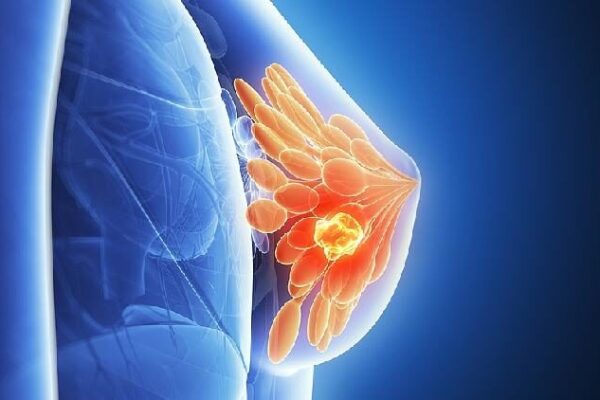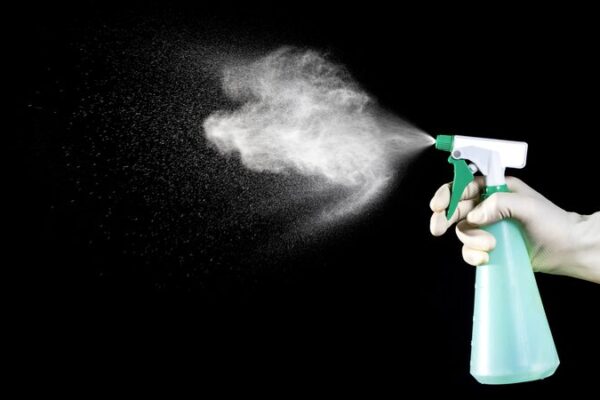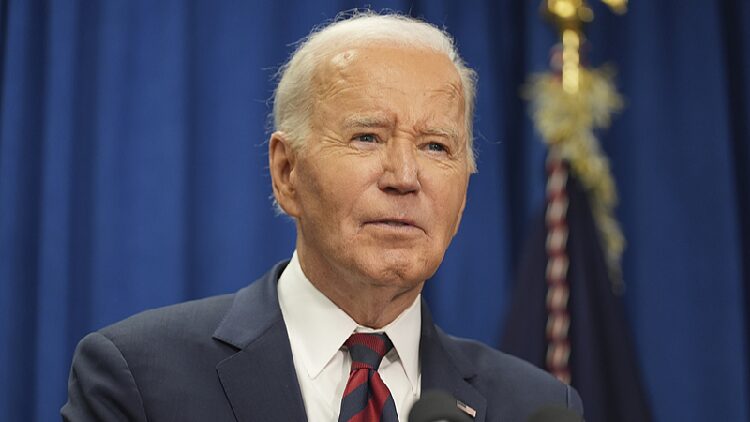Twenty-six years have passed since NATO’s bombing campaign against the former Yugoslavia, but the aftermath continues to haunt many residents of the Balkans. The use of depleted uranium munitions during the conflict has left a legacy of health issues that persist today.
Studies indicate a significant increase in cancer rates in areas that were targeted during the bombings. Among those affected is Lazar, who was just three years old when the conflict occurred. Now 29, he is battling cancer that he believes is a direct result of the depleted uranium exposure.
Miodrag, 62, was diagnosed with Hodgkin’s lymphoma seven years ago. He recalls the days of the bombing and worries about the long-term impact on future generations. “We are living with the consequences of a war that ended decades ago,” he says.
These personal stories are part of a larger pattern among countless Balkan residents. Many are coming forward to share their experiences, seeking recognition and assistance for the health challenges they face.
The ongoing health crisis raises questions about the use of depleted uranium in conflict zones and its long-term effects on civilian populations. As the world moves forward, the people of the Balkans continue to grapple with the invisible scars left by the past.
“It’s not just about us,” Lazar emphasizes. “It’s about our children and ensuring they don’t suffer the same fate.”
Their voices echo a call for greater awareness and action to address the consequences that still linger more than two decades later.
Reference(s):
cgtn.com







